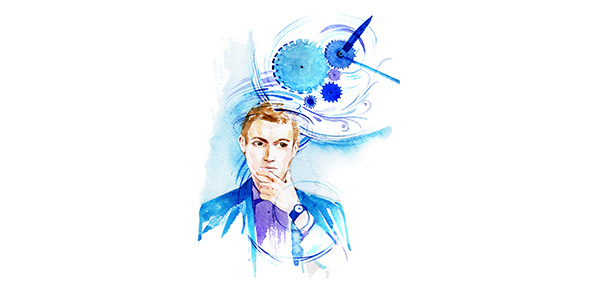Related Flashcards
Related Topics
Cards In This Set
| Front | Back |
|
Categorical imperatives
|
-imperatives that are binding without qualification-Immanuel Kant says these are the heart of ethics
|
|
Virtue ethics
|
Suggests that morality is primarily a matter of individual character
|
|
Ethical absolutists
|
-maintain there is a single standard in terms of assessments that can be made-that standards is usually their own
|
|
Ethical relativists; types
|
-see each culture as an island unto itself, correct in its own world; no overarching standard-types: descriptive-claims as a matter of fact that different cultures have different values; normative- claims that each culture's values are right for that culture
|
|
Ethical pluralism
|
Cultures can legitimately pass judgments on one another and encourages us to listen to what other cultures say about us and vice versa
|
|
Rights theorists
|
Contend that there is a certain universal moral minimum with which all people must comply
|
|
Virtue theorists
|
Concentrate on issues of charcter; the tole of virtues and vices in the moral life
|
|
Ethical subjectivism
|
Claims that moral values are relative to each unique individual
|
|
4 Principles of pluralism
|
1. understanding2. tolerance3. standing up against evil4. fallibility
|
|
Compatibilism
|
Claims that religion and reason are compatible with each other in moral matters and that they do not conflict
|
|
Divine command theorists
|
Maintain that whatever is good is good only because God wills it to be good
|
|
Teleological suspension of the ethical
|
Morality has its own independent basis in reason, but God has ultimate supremacy, even over reason
|
|
Theists
|
God's choices are constrained by what is morall right
|
|
Marx on religion
|
"opiate of the people": few people are motivated to challenge the existing social, political, and economic order
|
|
Nietzsche on religiion
|
Christianity founded on ressentiment: the desire of the weak to gain control over the strong without themselves developing strengths
|








